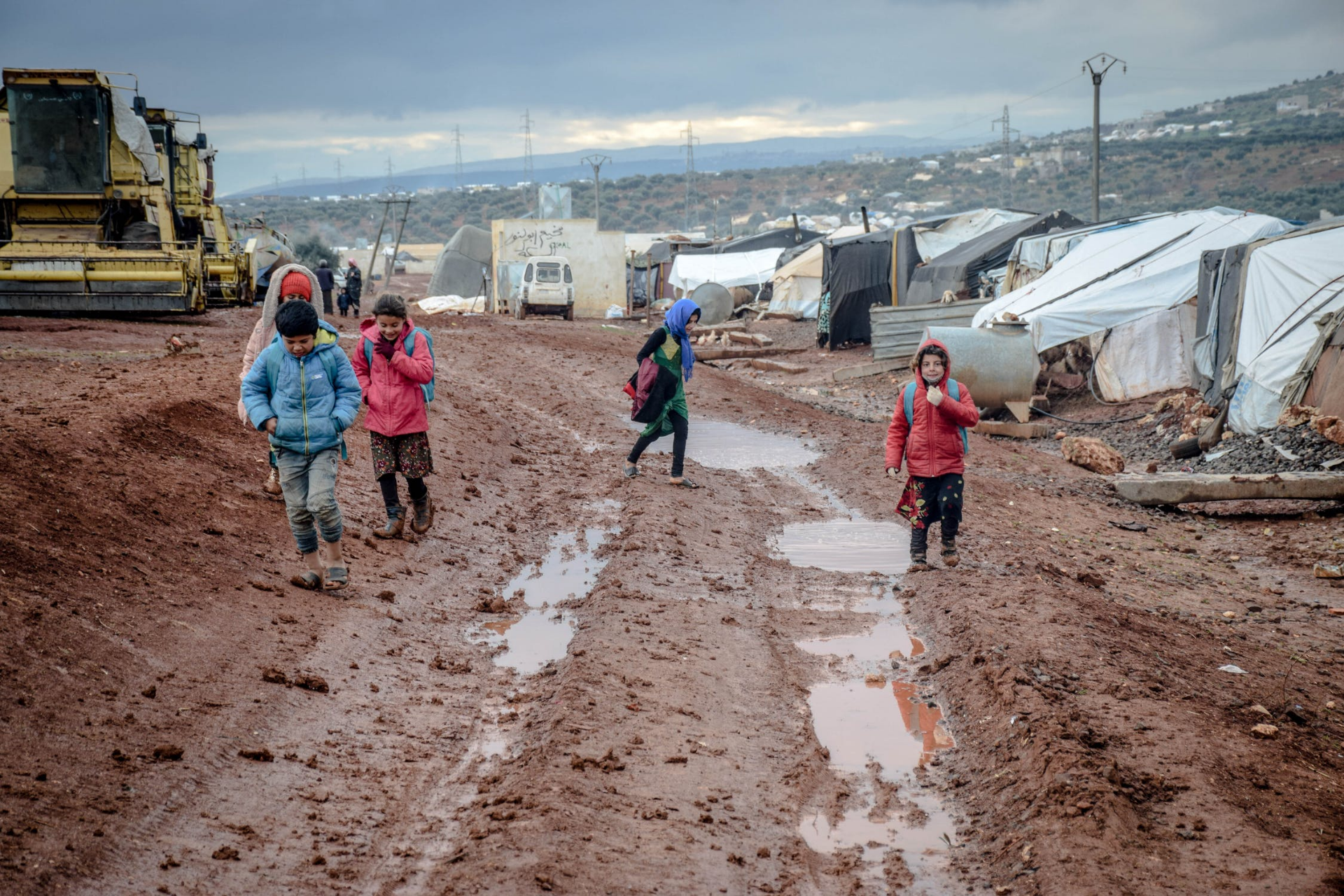Published on 22 August 2022

Download Report
This research comes amidst a rapidly declining and volatile economic, social and political situation in Lebanon. A three-fold crisis erupted in 2019, starting with the onset of a severe financial and banking crash that has led to a rapid collapse of the economy, currency depreciation coupled with subsidy removals and exponential inflation. The already critical situation was followed by the COVID-19 pandemic which aggravated strains on a crumbling health system, and was further exacerbated by the Beirut Port Blast on 4 August 2020. These crises have impacted the lives of all Lebanon residents, especially the most vulnerable. Today, Syrian refugee households are more socio-economically insecure than ever before and heavily reliant on assistance.
The increasingly precarious living conditions of refugees have had direct consequences across aspects of their lives—shelter, and water, sanitation and hygiene (WASH) conditions—regarded as critically affected, where assistance and provisions of humanitarian response is imperative. Internationally and in Lebanon, there has been a noticeable increase in directing aid towards both the WASH and shelter sectors in emergencies. Yet, despite the rise in interventions, the literature and assessments evaluating the effectiveness and outcomes of both WASH and shelter services, and cash-based interventions in humanitarian and development settings are limited and require further attention.
The main results of the 2020 study by the Cash Monitoring Evaluation Accountability and Learning Organizational Network (CAMEALEON) and the American University of Beirut (AUB) reveal that Syrian refugee households receiving multi-purpose cash (MPC) assistance from UNHCR and the World Food Programme (WFP) have significant and positive well-being outcomes in the long-run. The findings show no notable impacts on shelter and WASH outcomes, thus the study concluded that positive shelter and WASH conditions cannot be achieved by solely relying on administering MPC assistance. A more in-depth investigation is needed to look into the different actors and stakeholders affecting shelter and WASH conditions for Syrian refugees, in addition to the effect of different services and assistance they receive beyond MPC.
Against this background, this second study has the twofold objectives of producing a granular map of WASH and shelter conditions of Syrian refugees in Lebanon, as well as investigating the factors that are associated with improved WASH and shelter outcomes for refugees. More concretely, the research aims to examine the ‘cash-plus’ effect—whether multi- purpose cash combined with shelter and WASH in-kind assistance have an impact on shelter, WASH and health outcomes.